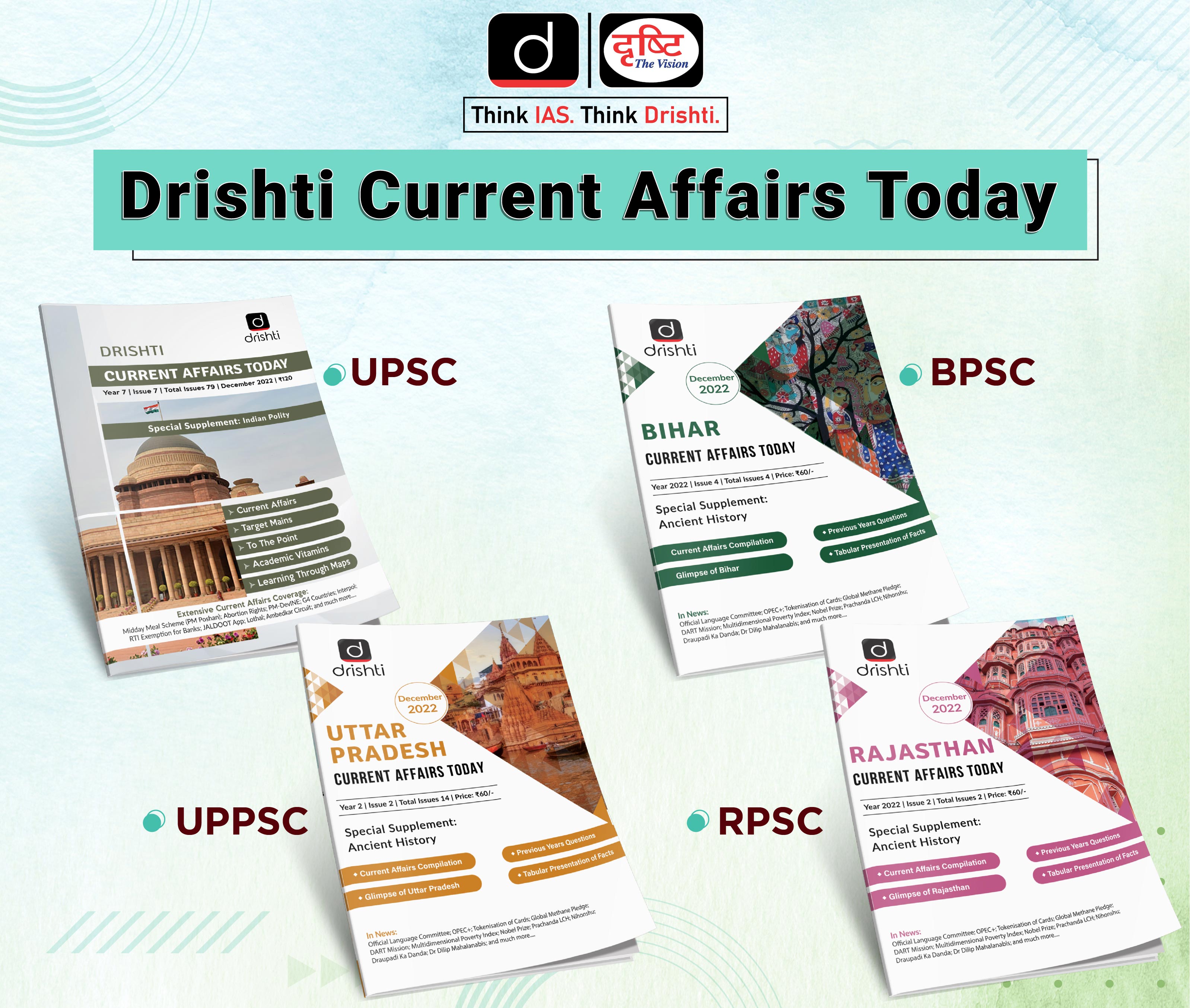Chhattisgarh Switch to Hindi
Chhattisgarh to Promote Local Languages in Schools
Why in News?
Recently, The Chhattisgarh government has decided to include local language and dialects in the primary education curriculum in order to ensure inclusive and quality education.
Key Points
- It is a big decision towards implementing National Education Policy (NEP) 2020 in tribal areas.
- Chhattisgarh Chief Minister Vishnu Deo Sai had directed the education department to develop and distribute bilingual books in 18 local languages and dialects, with focus on providing high-quality educational resources.
- A special emphasis has also been placed on vocational education, with plans to enhance skill development programmes in these areas.
- Local dialects include the Sadi language, which could be introduced for primary education in tribal-predominated Jashpur district.
- The three-language formula in NEP 2020 mandates that every student in India should learn three languages - two of which must be native Indian languages, including one regional language, and the third being English.
- It aims to strengthen national integration by exposing students to different cultures and languages while fostering respect for linguistic diversity.
- Shala Praveshotsav is celebrated in Raipur at the beginning of the new academic session to encourage children to enroll in schools.
- The state-level Shala Praveshotsav 2024 was inaugurated in Bagiya village of Jashpur, a remote tribal district of Chhattisgarh.
National Education Policy 2020
- The National Education Policy 2020 seeks to tackle the evolving development needs of India.
- It calls for a comprehensive overhaul of the education system, including its regulations and management, to establish a modern system that aligns with 21st-century educational goals, including Sustainable Development Goal 4 (SDG4), while respecting India's cultural heritage and values.
- It replaces the thirty-four year old National Policy on Education, 1986, modified in 1992 (NPE 1986/92).










%20MPPCS%202025%20Desktop%20E.jpg)
%20MPPCS%202025%20Mobile%20E%20(1).jpg)










.png)
.png)











 PCS Parikshan
PCS Parikshan

